China blasts ‘smear’ after US says Beijing intent to reshape world order
US Secretary of State Antony Blinken has called for vigorous competition with arch-foe China to preserve the existing global order but hastened to add that Washington did not seek a "Cold War."
In a speech at George Washington University, the top US diplomat outlined the Biden administration's approach as "invest, align, compete”, dubbing Beijing as the “most serious long-term challenge to the international order", despite recent focus on the war in Ukraine.
"China is the only country with both the intent to reshape the international order -- and, increasingly, the economic, diplomatic, military and technological power to do it," Blinken said.
He emphasized that China remains the Biden administration’s top priority despite the support and aid the US is providing Ukraine in its conflict with Russia.
“Even as President Putin’s war continues, we will remain focused on the most serious long-term challenge to the international order – and that’s posed by the People’s Republic of China,” the top US diplomat remarked.
He hastened to add that there is a growing consensus that other nations cannot change the trajectory of China, which it said has under President Xi Jinping become "more repressive at home, more aggressive abroad."
"There is growing convergence about the need to approach relations with Beijing with more realism," Blinken stressed. “If it takes concrete action to address the concerns that we and many other countries have voiced, we will respond positively."
‘No new Cold War with China’
With a degree of caution, however, he noted that the US does not seek any political clash with China.
"We are not looking for conflict or a new Cold War. To the contrary, we're determined to avoid both," he said.
"We don't seek to block China from its role as a major power, nor to stop China -- or any other country for that matter – from growing their economy or advancing the interests of their people.”
He said the US is ready to strengthen diplomacy and increase communication with China "across a full range of issues," and is prepared to work together on matters of mutual interest like climate change and Covid-19, noting that "even as we invest, align and compete, or together with Beijing, where our interests come together."
"We can't let the disagreements that divide us stop us from moving forward on the priorities that demand that we work together for the good of our people and for the good of the world," he said.
Blinken acknowledged that "this is a charged moment for the world" and called for “diplomacy”.
"It's how we make clear our profound concerns, better understand each other's perspective, and have no doubt about each other's intentions,” he asserted.
"We stand ready to increase our direct communication with Beijing across a full range of issues. And we hope that can happen," he continued.
China set to hold fresh naval drills in South China Sea
His remarks came amid reports that China is set to hold fresh naval exercises on Saturday in the South China Sea, the country’s maritime authority said.
The exercises, set to take place in the sea less than 25 kilometers (15.5 miles) off the coast of south China's Hainan province, come amid heightened tensions in the region and US President Joe Biden’s high-profile Asia visit.
"Military exercises will be held and entry is prohibited," the Maritime Safety Administration said in a statement Thursday, warning that an area of roughly 100 square kilometers would be closed off to maritime traffic for five hours.
China's foreign ministry on Friday accused Blinken of "smearing" the country.
Blinken's speech "spreads false information, exaggerates the China threat, interferes in China's internal affairs, and smears China's domestic and foreign policies", ministry spokesman Wang Wenbin said at a regular press conference.
China has faced a chorus of warnings from the United States and Western allies in recent days over its growing influence.
Wang said China "firmly opposed" Blinken's speech, saying it showed Washington sought to "contain and suppress China's development and maintain US hegemony and power".
Japan, US conduct joint fighter jet flight over Sea of Japan
Japanese and US forces conducted a joint fighter jet flight over the Sea of Japan, Japan’s military announced on Thursday, seen as a response to Russia-China joint bomber flight.
The joint flight was meant to confirm the combined capabilities of the two militaries and further strengthen the Japan-US alliance, the Joint Staff of the Japan Self-Defense Forces said in a statement.
It came hours after North Korea fired three missiles, including an intercontinental ballistic missile, toward the sea between the Korean Peninsula and Japan.
Earlier, on Tuesday, Chinese and Russian strategic bombers conducted joint flights near Japan but without violating Japanese airspace, Japan’s Defense Ministry said.
The Chinese-Russian joint flight represented an “increased level of provocation” and a threat to the Quad, Japanese Defense Minister Nobuo Kishi was quoted as saying.
Chinese Defense Ministry spokesperson Wu Qian termed the joint flight a “routine joint strategic air patrol” that has been carried out four times since 2019.
“This operation is not aimed at a third party and has nothing to do with the current international and regional situation,” he said in a video statement on Wednesday.
US-China relations have grown increasingly tense in recent years, with the world's two largest economies clashing over a range of issues, including trade, Chinese Taipei, Hong Kong, military activities in the South China Sea, and the origins of the coronavirus.
The tensions escalated dramatically during the previous US administration. Joe Biden has continued his predecessor’s China policy by maintaining tariffs, ramping up the US military presence in the South China Sea, and stepping up support for Chinese Taipei.
Biden concluded his maiden trip to Asia as president this week where he announced new anti-China initiatives with the four-member Quad and launched a new trade deal for the region, known as the Indo-Pacific Economic Framework for Prosperity (IPEF).
He also pledged to intervene militarily if China invades Taiwan, the comments he later withdrew.
Italian TV exposes Israeli manipulation of EU institutions
UK anti-corruption minister Siddiq resigns over links to Bangladesh ‘embezzlement probe’
VIDEO | Indian-administered Kashmir honors Imam Ali’s legacy of justice, leadership
Israel kills female Palestinian journalist based in Gaza’s Indonesian Hospital
US lawmakers demand answers from Biden on Israeli killing of Turkish-American activist
Araghchi: Iran never left negotiation table as its nuclear program ‘peaceful’
Jan. 14: ‘Axis of Resistance’ operations against Israeli occupation
VIDEO | UNRWA’s financial crisis deepens amid support cuts


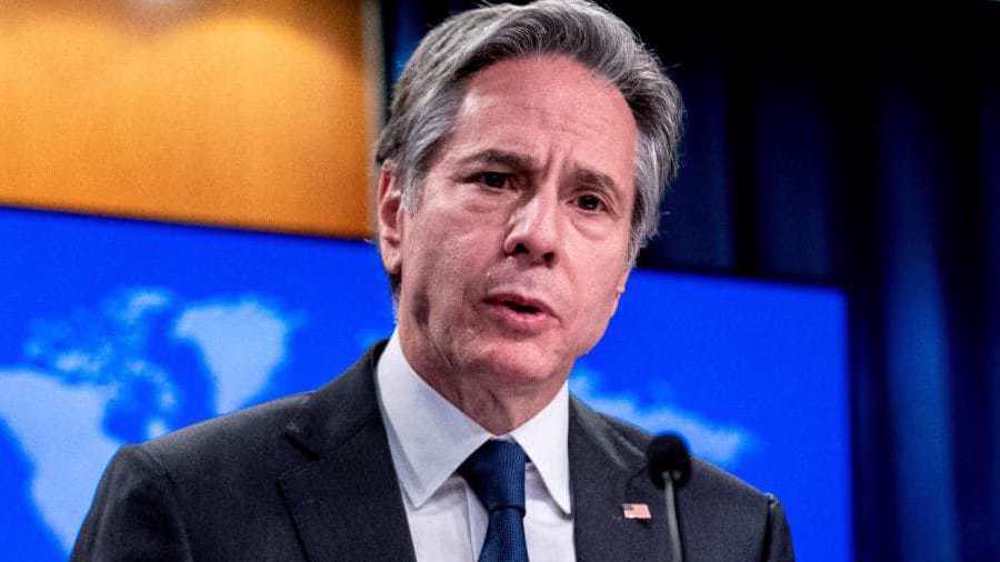
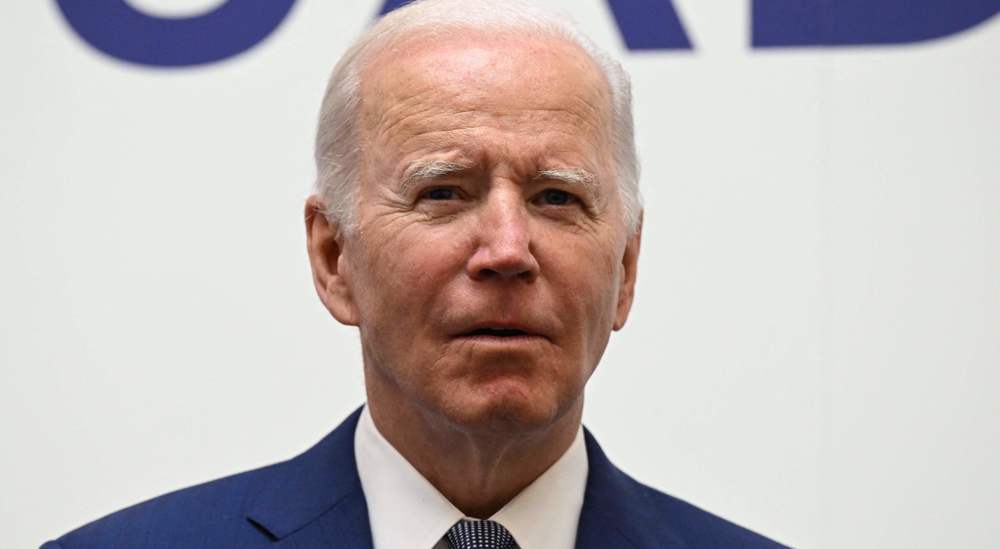
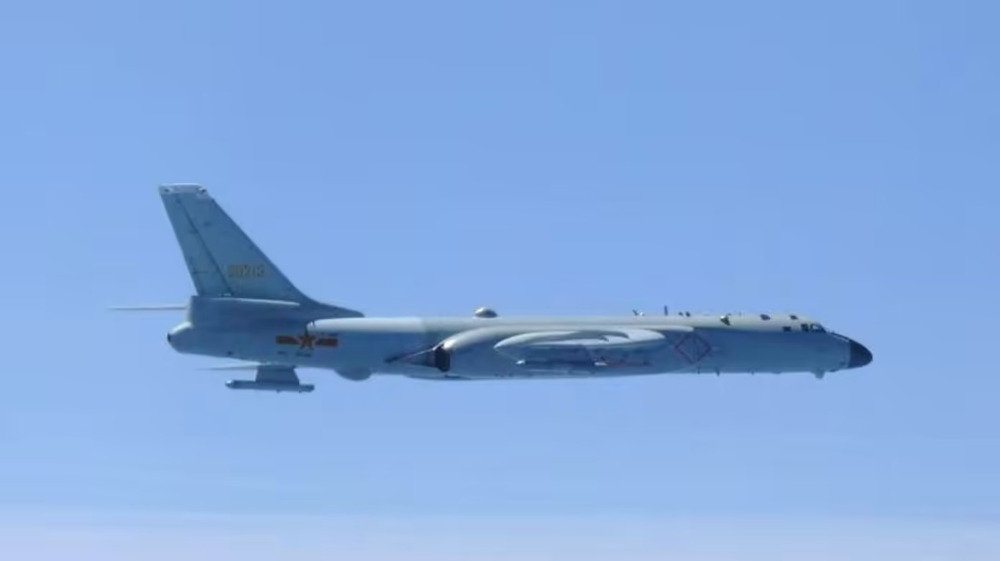
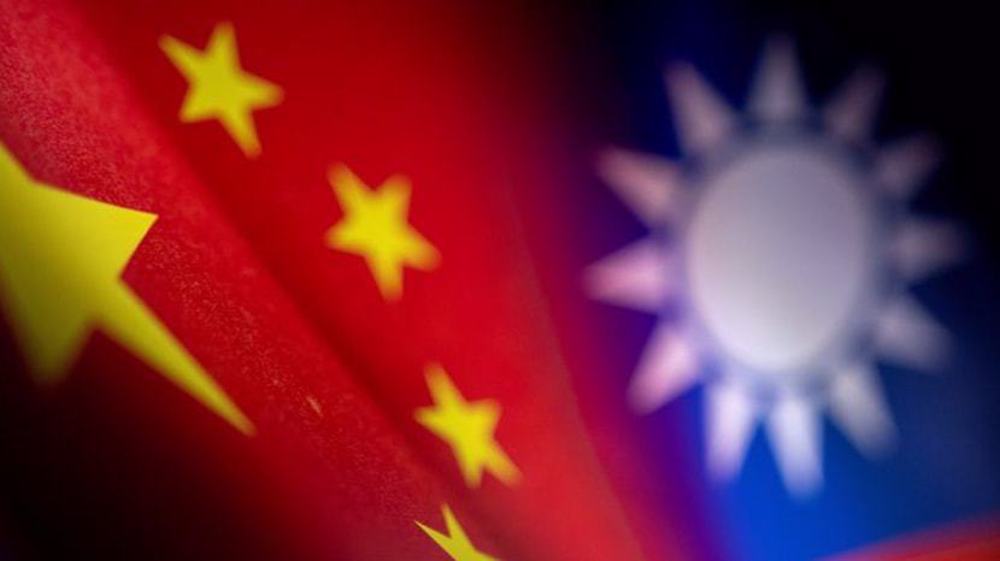

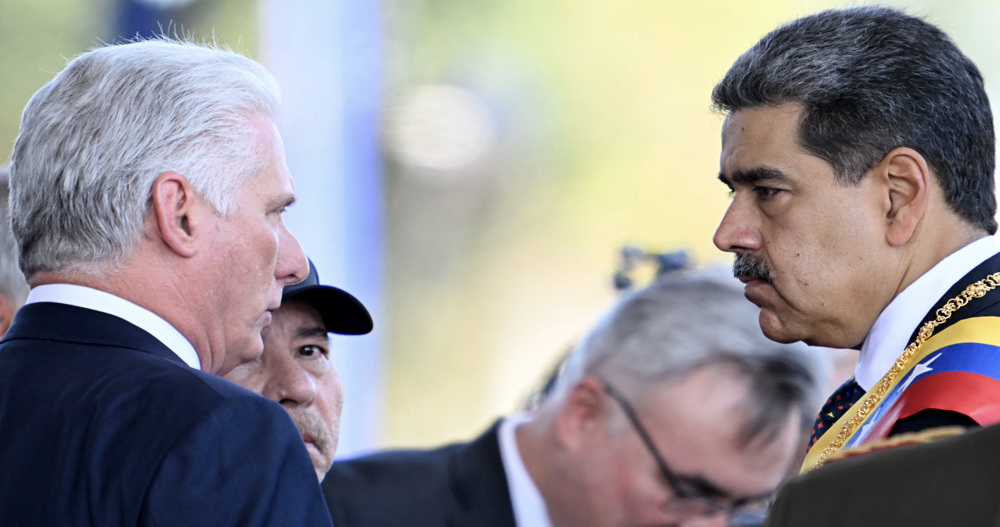
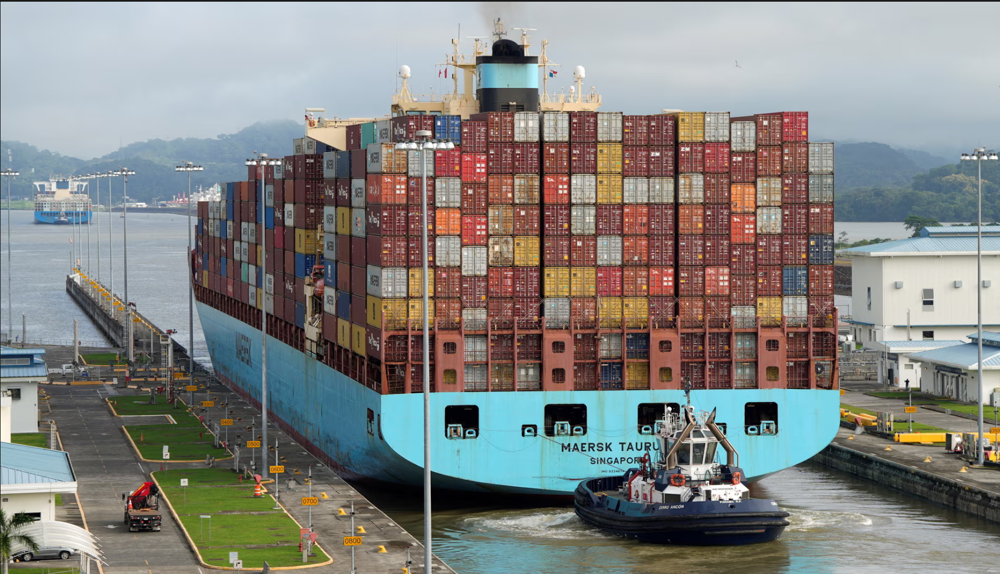



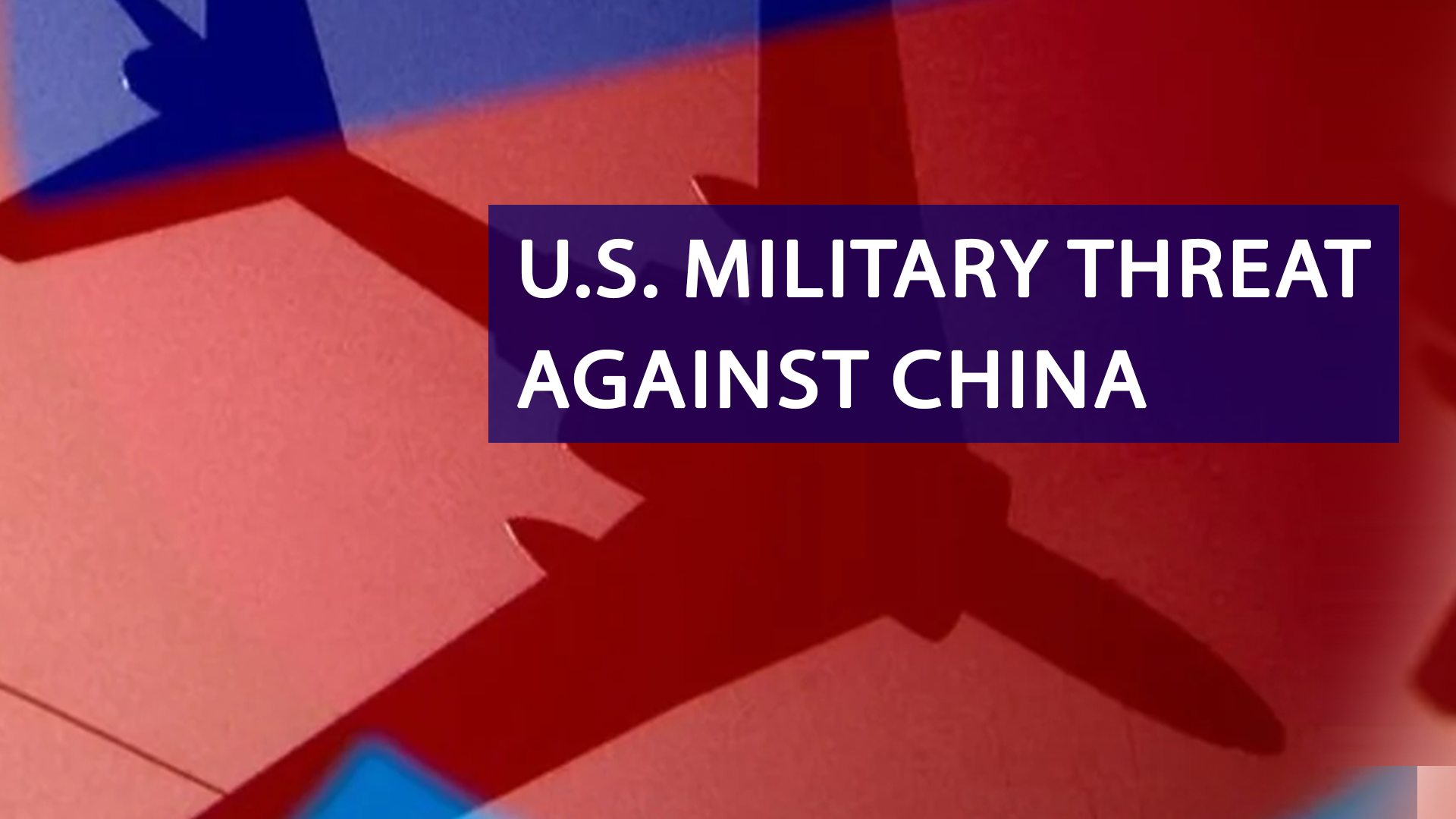
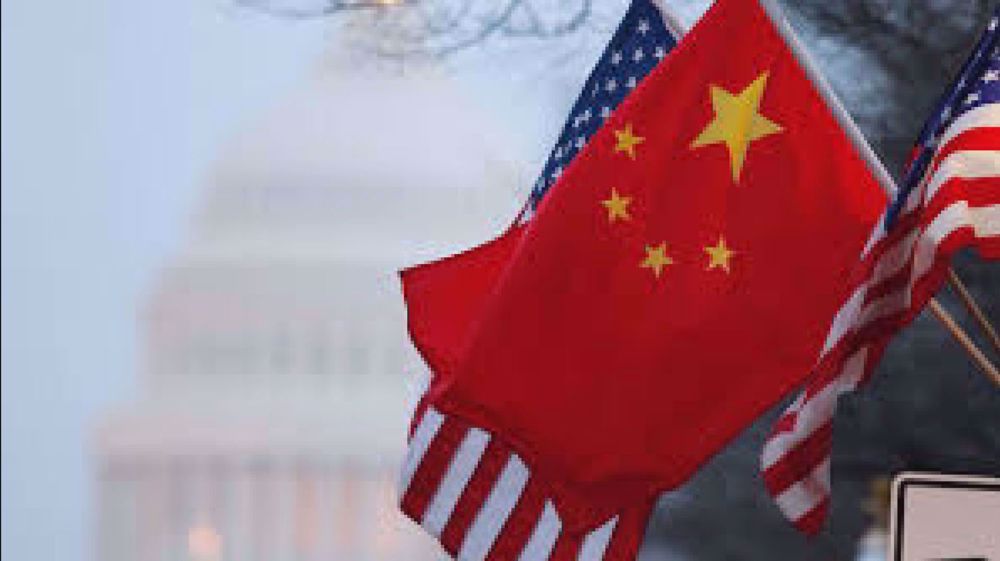
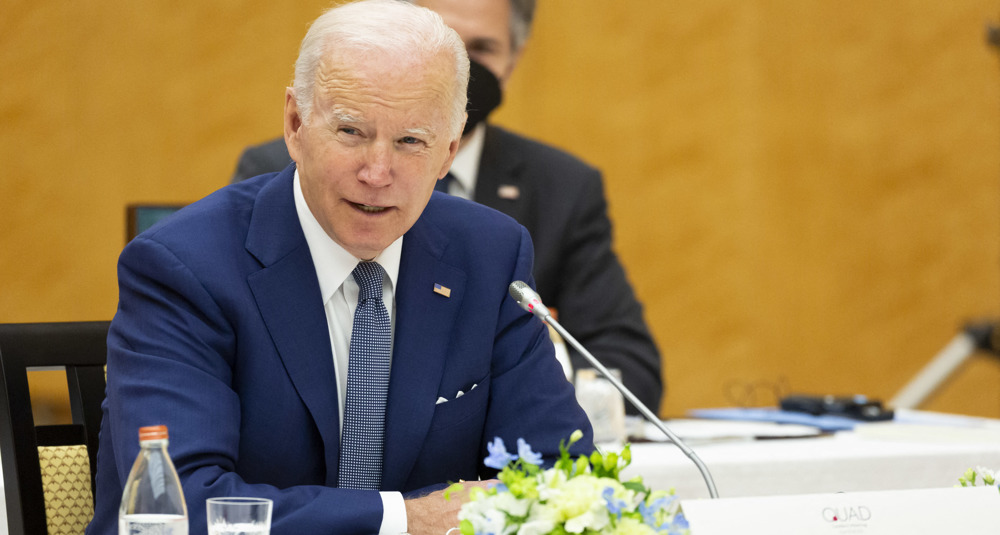
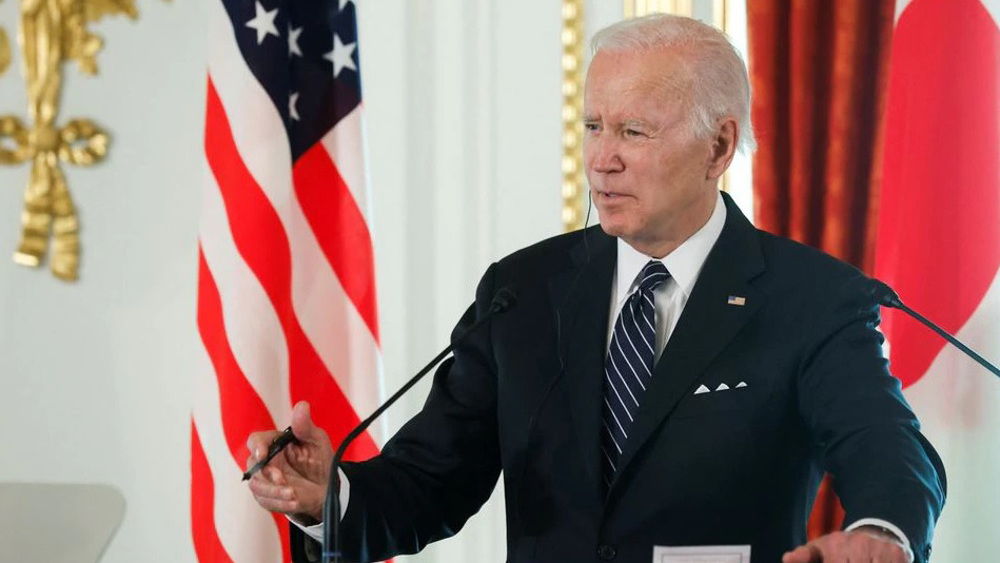

 This makes it easy to access the Press TV website
This makes it easy to access the Press TV website